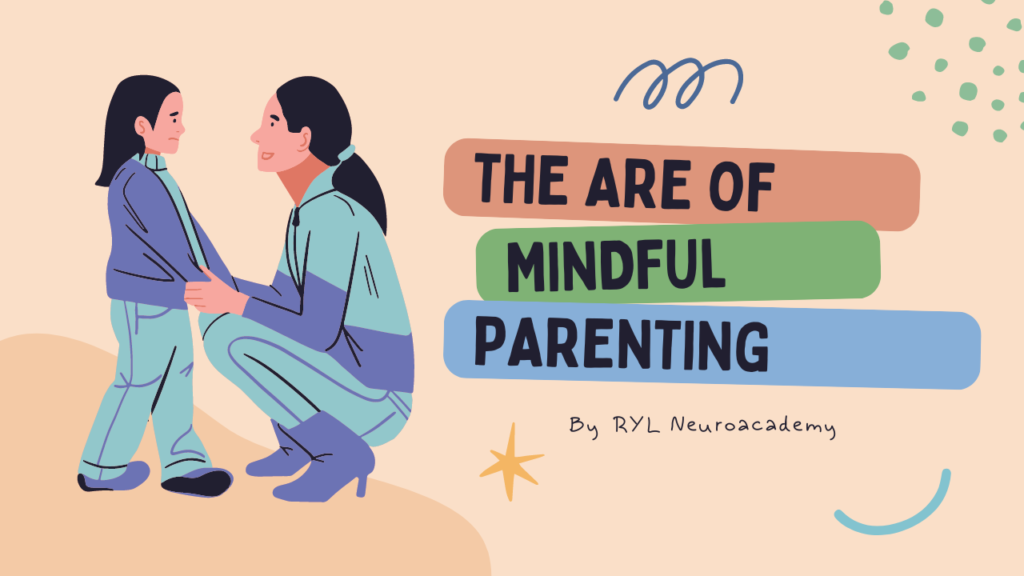Introduction
Loneliness in your 20s is the emotional experience of feeling disconnected or isolated, even when surrounded by others. This phase of life often involves major transitions—leaving home, starting college or a career, and forming new social circles—which can disrupt existing support systems.
Emotional and social changes, such as identity exploration, increased independence, and shifting friendships, make loneliness in your 20s particularly common. Though this decade brings growth, it can also highlight feelings of uncertainty and emotional distance, leading many to feel isolated during what’s expected to be a vibrant time of life.
1. Understand the Root Cause of Your Loneliness
Being alone is a physical state of solitude, while feeling lonely is an emotional experience of disconnection. You can be alone and feel content, or be surrounded by people and still experience loneliness.Loneliness in your 20s often stems from emotional, social, and environmental triggers. Emotionally, low self-worth or anxiety can intensify isolation.
Socially, changes like moving to a new city, ending relationships, or struggling to form deep connections can contribute. Environmentally, digital overexposure and lack of meaningful offline interaction can worsen feelings of loneliness—even in a hyper-connected world.Understanding these differences helps address the root causes of loneliness and promotes healthier emotional well-being.
2. Prioritize Self-Connection
Loneliness in your 20s can be eased through practices like journaling, meditation, and self-reflection. Journaling helps you process emotions and identify thought patterns, while meditation cultivates inner peace and awareness. Self-reflection allows you to understand your needs, values, and emotional triggers.
These habits are powerful steps toward becoming your own best friend. When you develop self-trust and emotional resilience, external validation becomes less necessary. Building a strong inner relationship is essential to reducing loneliness and creating long-term emotional well-being in your 20s.
3. Strengthen Existing Relationships
One powerful way to combat loneliness in your 20s is by reconnecting with old friends or family members. These relationships often hold emotional history and comfort that can ground you during transitional phases.
Be intentional with your communication—don’t just send a quick text. Schedule calls, meet in person when possible, and focus on quality time. Genuine conversations and shared experiences help rebuild bonds and create a strong support system, reducing feelings of isolation and strengthening your sense of belonging.
4. Build New Social Circles
Joining local clubs, online communities, or classes is a practical way to reduce loneliness in your 20s. These spaces offer shared interests and a natural environment for forming new connections.To meet new people effectively:
Choose groups aligned with your passions (fitness, art, tech, etc.)
Attend regularly to build familiarityInitiate small talk and show genuine interestBe open to different personalities and experiences
Taking the first step may feel uncomfortable, but consistent effort helps you build meaningful relationships and a strong social network during this transformative decade.
5. Focus on Purpose and Passion Projects
Engaging in hobbies and passions is a meaningful way to overcome loneliness in your 20s. When you pursue what genuinely excites you—whether it’s art, sports, reading, or music—you naturally connect with like-minded people and experience a deeper sense of purpose.
Volunteering is another powerful solution. Helping others shifts your focus outward, fosters gratitude, and builds social bonds with those who share your values. Both interest-based activities and acts of service create connection, reduce isolation, and bring emotional fulfillment during this pivotal decade.
6. Limit Social Media Comparison
In the age of social media, it’s easy to mistake likes and comments for real connection. However, loneliness in your 20s often stems from this illusion—feeling surrounded online but emotionally unfulfilled in real life.
Practicing digital detox and mindful scrolling can help. Limit screen time, unfollow accounts that trigger comparison, and focus on meaningful offline interactions. Replace passive scrolling with active engagement—like phone calls, face-to-face conversations, or time spent in nature. Real connection requires presence, vulnerability, and shared experiences—not just digital interaction.
7. Seek Professional Support if Needed
Seeking therapy or counseling is a healthy and empowering choice for anyone experiencing loneliness in your 20s. Talking to a professional helps you uncover emotional patterns, build coping skills, and gain clarity during this transitional phase of life.
There are many mental health resources available for young adults, including campus counselors, online therapy platforms, and community support groups. Investing in your mental well-being isn’t a sign of weakness—it’s a strong step toward self-awareness, healing, and long-term emotional resilience.
Conclusion
Loneliness in your 20s is more common than you think, often triggered by life transitions, digital overload, and shifting social circles. Key solutions include journaling, meditation, reconnecting with loved ones, joining communities, pursuing your passions, and seeking therapy when needed.
Remember, you are not alone in feeling lonely. Many others are navigating similar emotional challenges. Your feelings are valid—and there are tools and people ready to support you.Share your experience in the comments—your story could help someone else feel seen and understoo

